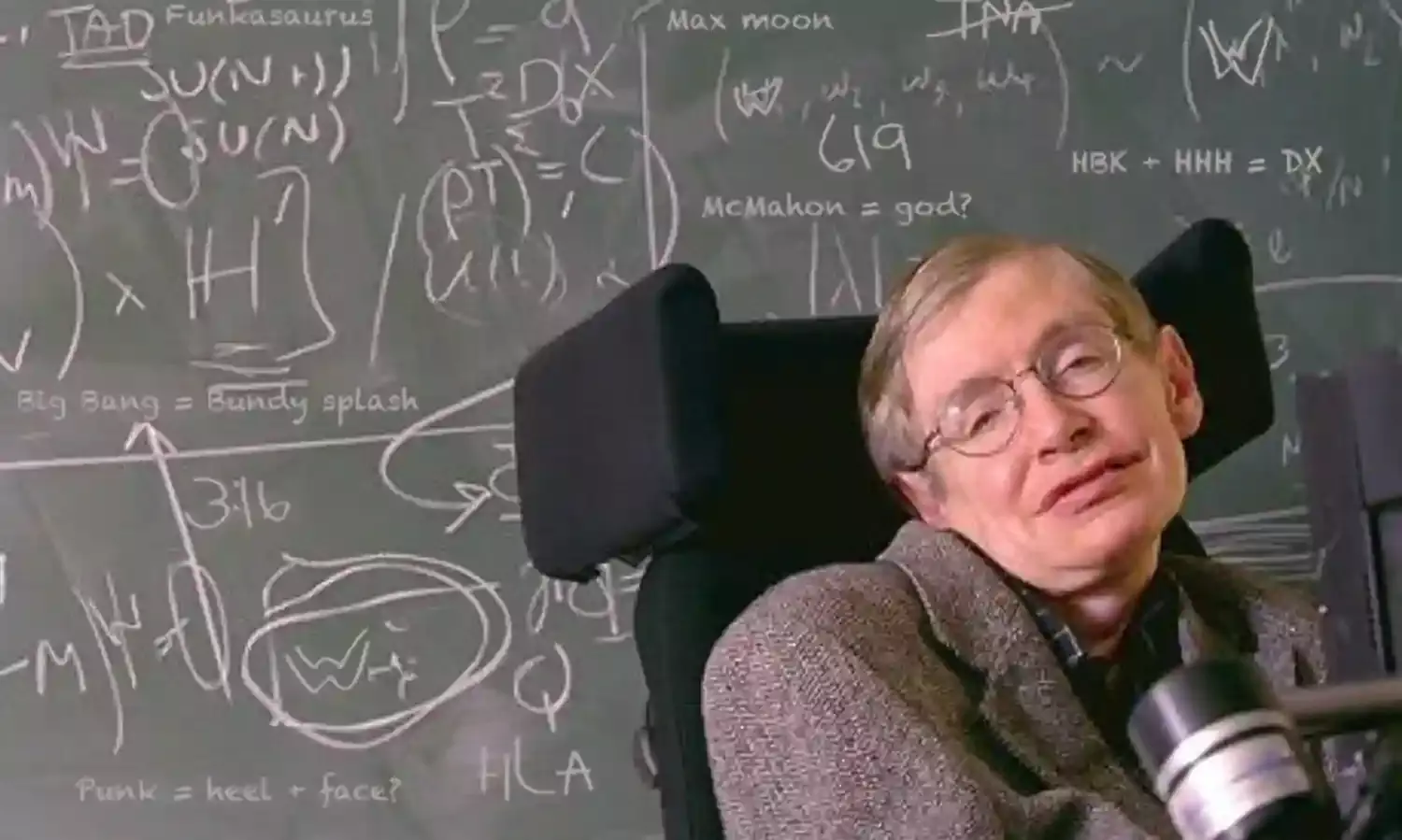Adieu, Time Bandit !
Thank you Dr Hawking for changing our lives

I picked up Stephen Hawking’s ‘A Brief History of Time’ from a street vendor while taking a stroll in New Delhi’s Connaught Place sometime in the August of 1991. I had just graduated and begun working as an Engineer Trainee at an automobile company’s manufacturing plant. What a contrast the experiences of daily working hours at the factory and of late evenings spent in reading Hawking were! It was like shunting every day in a desert between a prison cell and an oasis.
Despite graduating from a premier technology institute, I was left with an embarrassing realisation of not learning much of engineering or science. The B. Tech. years had infused in me a distaste for engineering. A part of the reason must have been my own lack of willingness to learn, I thought. But I had a feeble sense that the academic environment and the process of learning at the revered institute had shortcomings too. I became convinced of the latter reason after reading ‘Brief History’.
The thin book held me captive like never before. I read and re-read and re-read. For some days it felt like I was lost in an amazing dream world. The dream world of the real universe. I did not wish to wake up from the dream. For the first time I was experiencing a superposition of real joy of reading and vicarious joy of science. For the first time I got a hint of the fun that learning could be.
It felt that Hawking had done us mortals an immense favour by writing about complex realities of space, time and universe in such a lucid language. It was as if he was holding our hands and prodding us to take a peek into parts of the fascinating universe. Hawking had the direct effect of kicking me off on a never-ending journey of reading science for the pure pleasure of knowing. I am pretty sure he had similar effect on countless others like me.
Thank you, Dr. Hawking, for making our lives different from what it would have been without you and your tribe of scientists. For making us taste the pleasure of learning and unlearning. For making us develop a sense of separating rational from irrational. For making us look beyond the mundane.
It is thanks to you that I am vividly conscious after 27 years of reading ‘Brief History’ that time flows at different rate at different points in space. I even vaguely remember some of the explanation you offered about the theory of relativity. That light – a mode of communication between two points in space – loses (or gains) energy, and thus experiences elongation (or shortening) of wavelength, as it travels in space against (or in the direction of) a gravitational field, and therefore the time elapsed between any successive events at one point are relatively different than the time between identical events at the other point, when viewed from the other point.
Hence, the twin paradox – the twins, separated at birth and placed at different points in the Earth’s gravitational field, will age at different rates. Your explanation beautifully made us aware of the mind boggling links between space, time, gravity, speed of light, curving of space, bending of light, and what not. For many of us, life has never been the same. Thank you, Sir!
(Rahul Pandey is an entrepreneur and a visiting faculty with the Indian Institutes of Management, Lucknow and Udaipur).



